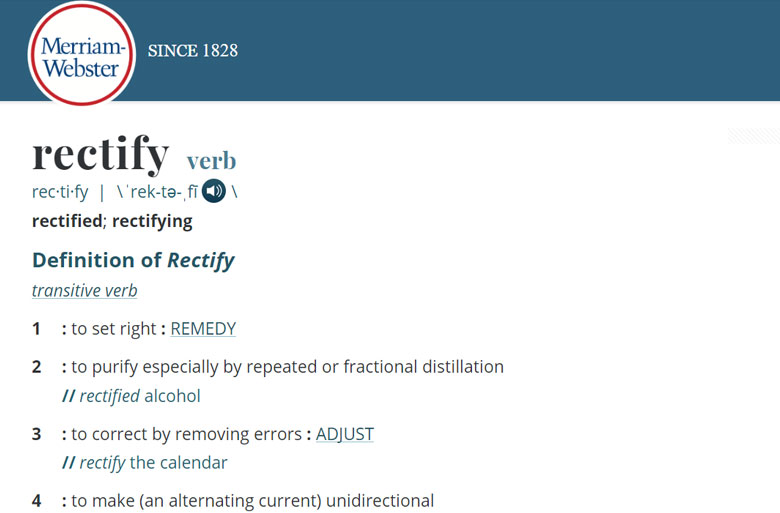Opposition leader Gustavo Petro has doubled down on his claim that Colombia’s former President Alvaro Uribe should be in jail over crimes against humanity after a court ordered him to rectify.
In an court-ordered interview on W Radio, Petro specified that the war crimes claim was his “opinion,” and based on evidence, facts and testimonies that never made it to court.
Uribe has been tied to the Medellin Cartel, paramilitary groups and the mass killing of civilians, and is currently investigated by the Supreme Court for his alleged practice of tampering witnesses.
Multiple witnesses who have testified over Uribe’s alleged war crimes have been assassinated.
While “uribistas” demanded a retraction, Petro doubled down and cited an abundance of evidence of Uribe’s role in war crimes committed by paramilitary death squads in the 1990s he and others have made public over the past decade.
Petro gladly rectifies, and extensively

Petro entered the radio studio with a dictionary to clarify the difference between “to retract” and “to rectify.” (Image: Gustavo Petro / Twitter)
Because “thirty-two percent of the Convivir [self-defense groups] formed by Alvaro Uribe committed crimes against humanity,” “I strongly believe that there are indications that merit a criminal investigation against former President Alvaro Uribe,” Petro said.
Radio host Vicky Davila, whose in-laws have been tied to paramilitary organization AUC, protested the compulsory air-time for Petro, claiming the court order was an infringement of the freedom of press. This was not confirmed by press freedom foundation FLIP.
But the opposition senator was unstoppable, and took advantage of the court order to come with a barrage of evidence of ties between paramilitary death squads and Uribe and his brother, who is also on trial.
Why Colombia’s former president is accused of forming bloodthirsty death squads
“The Henao and Villegas families have used the Guacharacas estate [of the Uribe family] as a center for anti-ELN ‘cleansing groups,” Petro said.
“Recent testimonies have appeared in which Pablo Hernan Sierra said that the founders and creators of the so-called ‘Bloque Metro’ are Alvaro Uribe and his brother” Santiago, the opposition senator added.
Sierra is one of multiple former Bloque Metro members who have testified against Uribe, claiming he is the founder of their now-defunct death squad.
Was that a rectification?
Colombia’s Constitutional Court will have to decide whether Petro’s complied with the court order or was taking the magistrates on a linguistic ride.
The court frequently rules in alleged slander cases, also in cases filed against Uribe.
The former president was forced to retract a claim that victims of extrajudicial executions were “bums” and to rectify calling a journalist a “terrorism apologist.”
Uribe’s via crucis: apologizing to Colombia’s war victims and journalists by force
In the case of columnist Daniel Samper, who Uribe called a “child molester,” the former president was more defiant and was ordered to retract twice.



